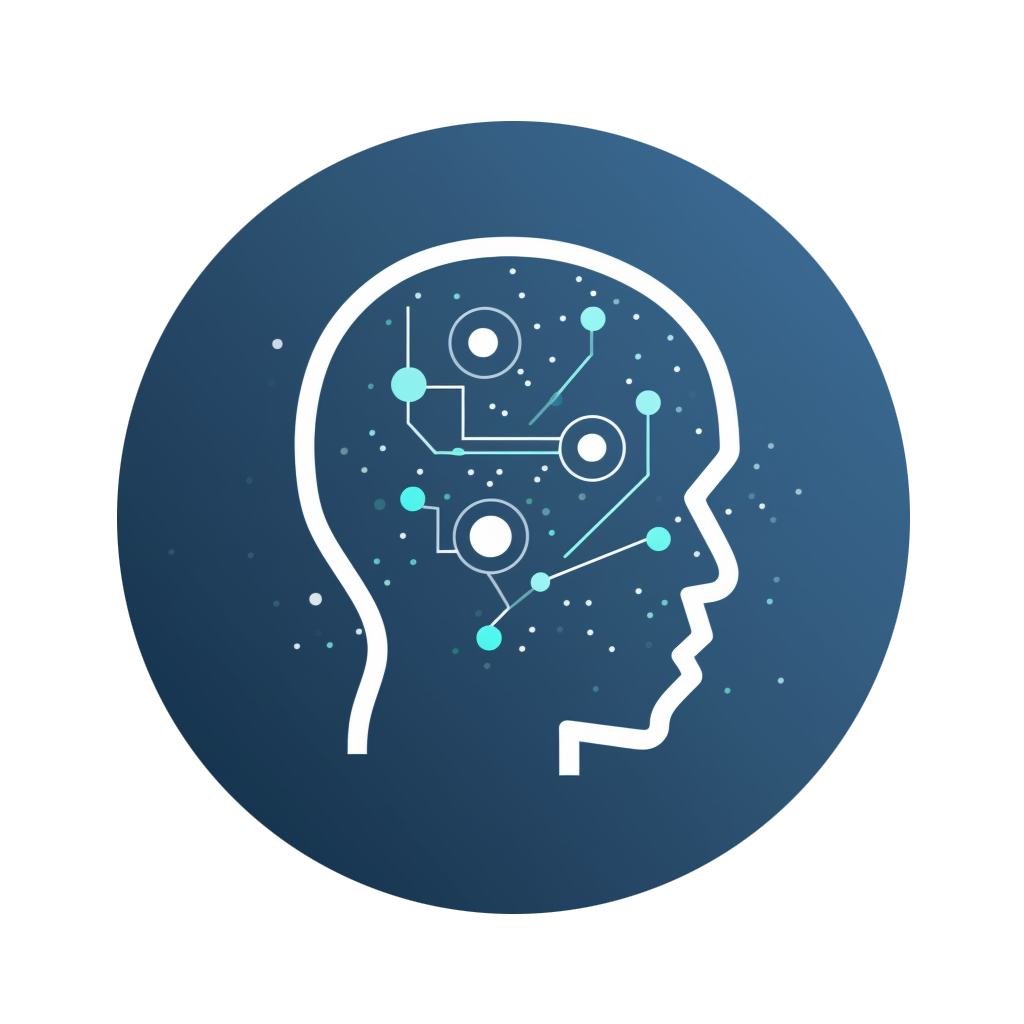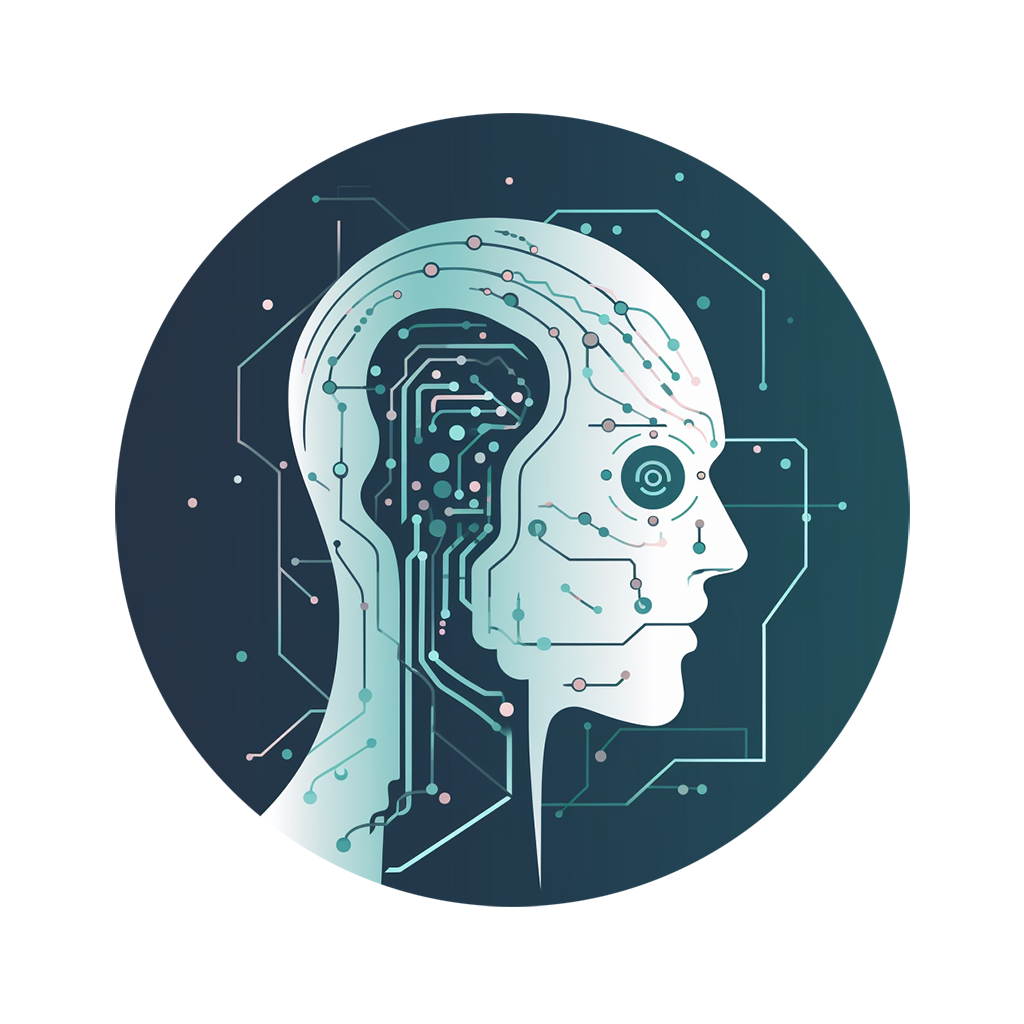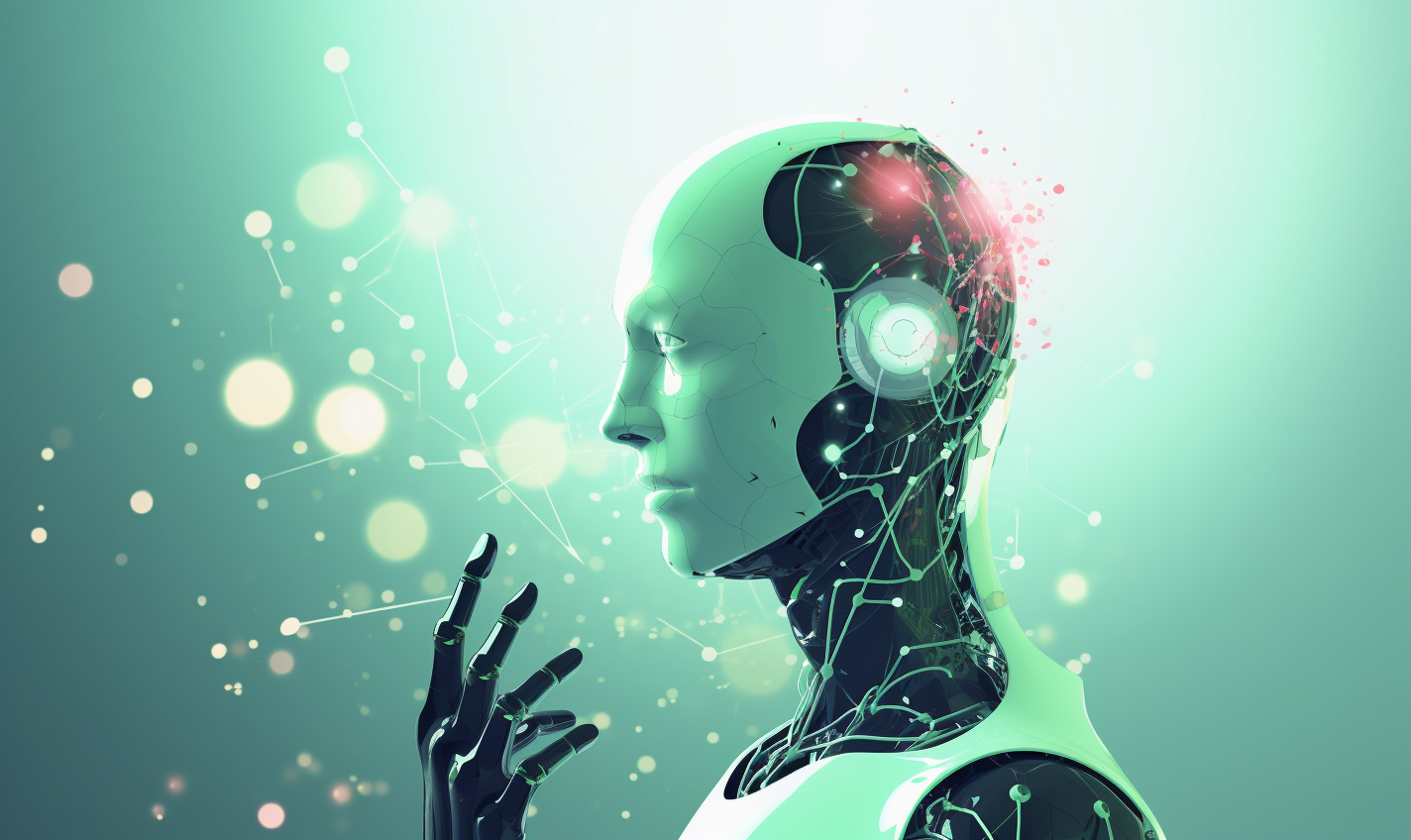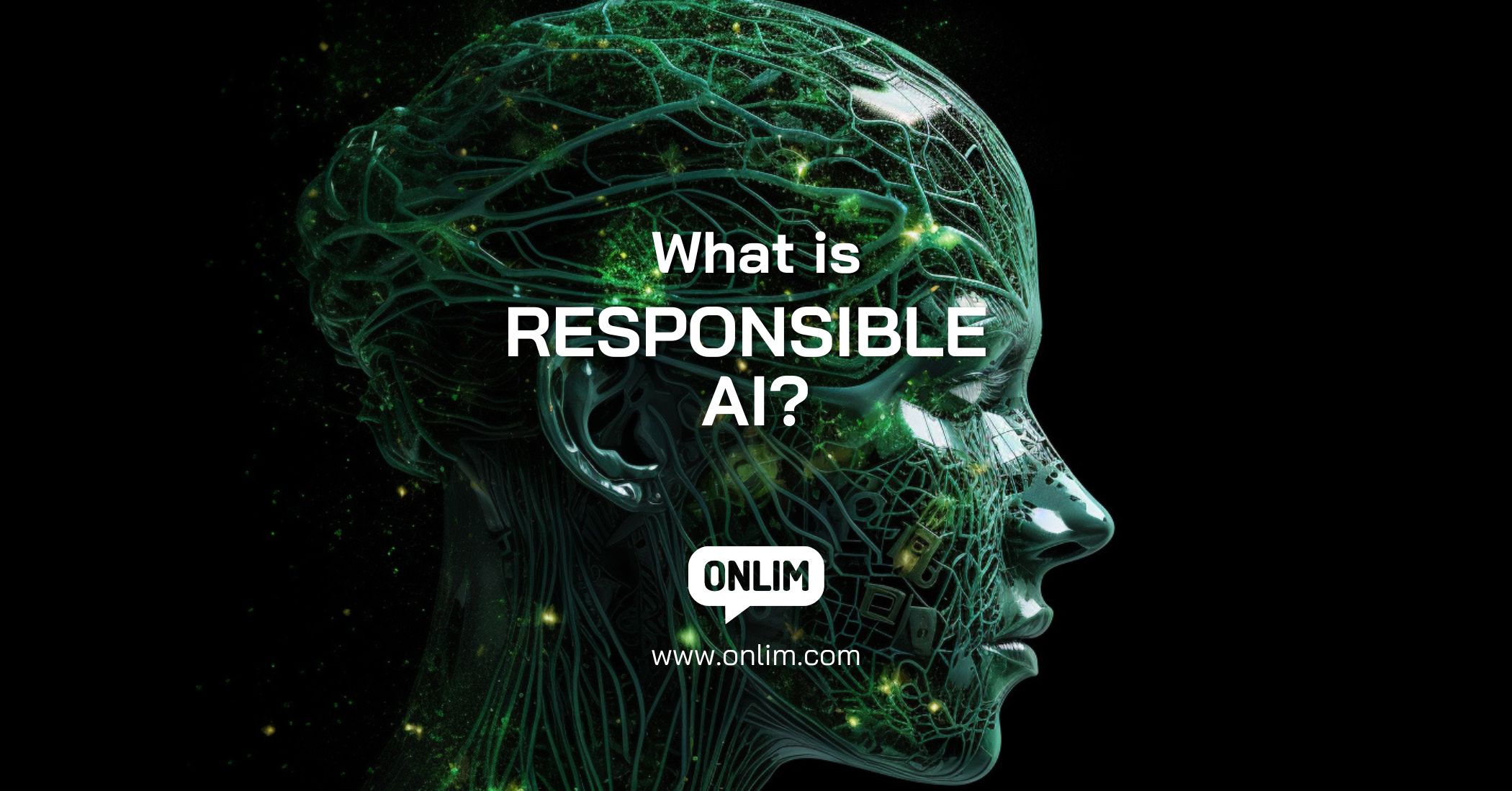What is Responsible AI?
Responsible AI describes the approach to develop and deploy artificial intelligence in a responsible manner. Obeying certain ethical principles when developing and implementing AI is intended to safeguard its use from negative ethical consequences. In other words, a responsible AI is an AI whose use is ethically safeguarded.
The term “responsible AI” is closely related to the following areas:
AI ethics (ensuring ethical action in the use of artificial intelligence)

AI ethics refers to ethical considerations that govern the development and use of AI systems. As AI technology continues to advance and play an increasingly important role in our lives, it is important to consider potential risks and challenges associated with its use.
Some of the key ethical issues related to AI include privacy, bias, transparency, accountability, and the impact of AI on employment and social justice. Addressing these issues requires a multidisciplinary approach that involves stakeholders from a variety of fields, including computer science, philosophy, law, and the social sciences.
By promoting ethical development and use of AI, we can ensure that AI technology advances society in a responsible and just manner.
Green AI and Sustainable AI (consideration of environmental impact and carbon footprint when using artificial intelligence)

Green AI and Sustainable AI refer to the development and use of AI technologies while considering environmental and sustainability aspects. More and more people are realizing that AI technology can also have a negative impact on the environment. For example, AI systems can consume a lot of energy, increasing the carbon footprint.
Green AI aims to reduce the energy consumption of AI systems and thus minimize their environmental impact. One way to achieve this is to develop energy-efficient hardware and software designs. Sustainable AI goes a step further and also incorporates social and economic sustainability considerations.
It is important to ensure that AI technologies are developed and deployed in ways that do not harm the environment and society, but are consistent with sustainable development criteria. The development of Green AI and Sustainable AI is critical to ensure that the benefits of AI to society are consistent with environmental and sustainability goals.
Explainable AI (making the functioning of a model clear to a specific audience)

Explainable AI (XAI) refers to the ability of AI systems to make their decisions and actions understandable and comprehensible. AI systems are often very complex and their decisions are based on a variety of factors and algorithms that can be difficult for human observers to understand.
XAI aims to reduce this complexity and increase the transparency of AI systems by making decision making and the underlying process explainable.
By creating XAI, users and stakeholders can gain a better understanding of AI systems and their decisions, which is especially critical in critical applications such as medicine, finance, or public safety.
Principles of responsible AI

There are several principles of responsible AI that can help ensure that technology is used ethically, fairly, and transparently:
Fairness:
an AI application should be designed to promote fairness and equity and not reinforce bias or discrimination.
Transparency:
AI systems should be transparent to allow users to understand the system’s decisions and build trust in the technology.
Accountability:
companies and organizations that develop and deploy AI systems should be accountable for their impact and take steps to minimize potential harm.
Privacy:
privacy and protection of personal data must be ensured by AI systems. No personal data should be used or disclosed inappropriately.
Security:
AI systems should be secure and minimize potential threats and risks to public safety and health.
Sustainability:
an AI application should be developed and deployed sustainably to minimize its impact on the environment and society.
These principles are not exhaustive and may vary depending on context and application area. However, they are intended to provide guidance to ensure that AI systems are developed and deployed responsibly.
Why is responsible AI important?

It’s clear – if an AI is not “responsible” serious impacts on people and societies can occur. For example, unfair or discriminatory AI applications can reinforce and exacerbate existing prejudices and inequalities. Flawed or unethical AI applications can cause further harm in addition to discrimination and unfairness. For example, data can be misused and privacy can be violated.
Responsible AI can help build people’s trust in the technology through the principle of transparency. If the public loses trust in AI systems, this can lead to a lack of acceptance and investment in the technology. AI systems should therefore be transparent and explainable to gain and maintain people’s trust so that AI innovations can be driven by social acceptance.
Overall, responsible AI is critical to ensure that the technology is used for the benefit of all and does not lead to harm. AI systems should therefore be designed to adhere to ethical standards and minimize potential harm.
More Knowledge For Chatbots And Voice Assistants

Conclusion
In summary, responsible AI is an approach to ensure that artificial intelligence is developed and used in an ethical, fair, and transparent manner. There are several areas related to responsible AI, including AI ethics, Green AI and Sustainable AI, and Explainable AI.
Adhering to certain principles of Responsible AI, such as fairness, transparency and accountability, can help AI technology have a positive impact on society and avoid negative ethical consequences.
It is important to take a multidisciplinary approach and involve various stakeholders in the development and use of AI to promote responsible AI.
What are Large Language Models (LLMs)?
March 18th, 2024|
What are chatbots and how do they work?
November 23rd, 2023|
The AI Act and its impact on the use of chatbots
October 27th, 2023|



